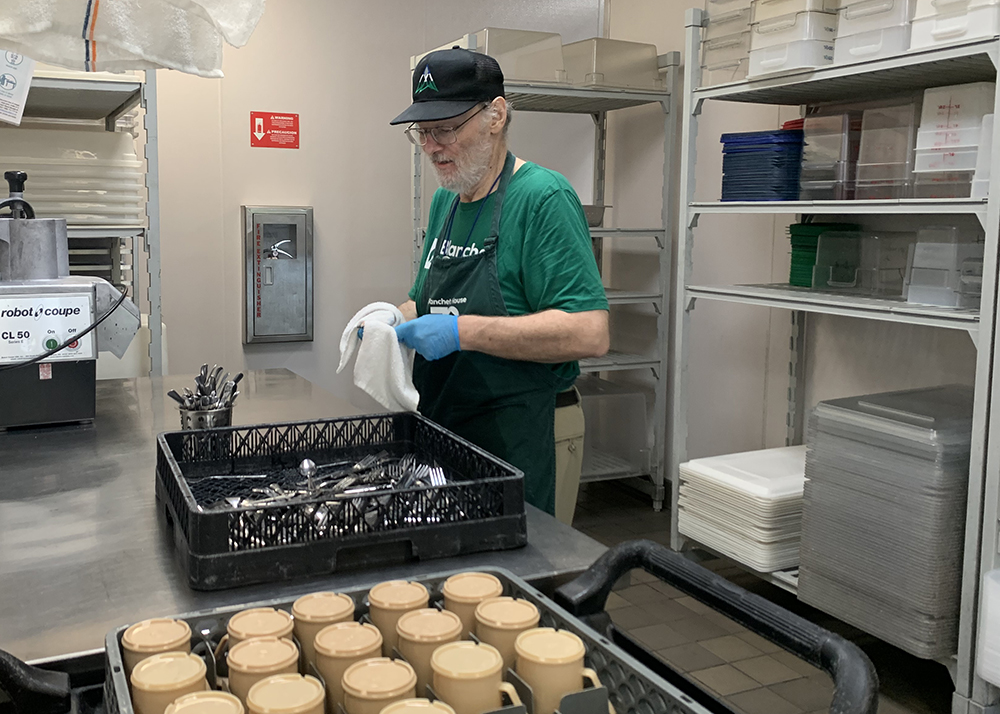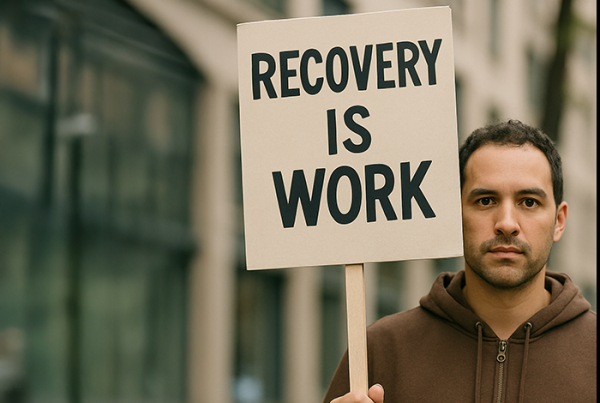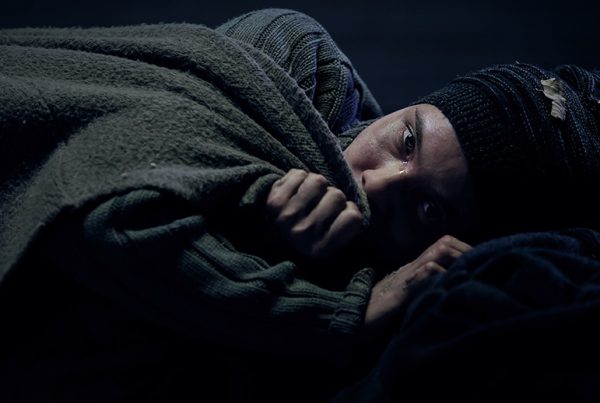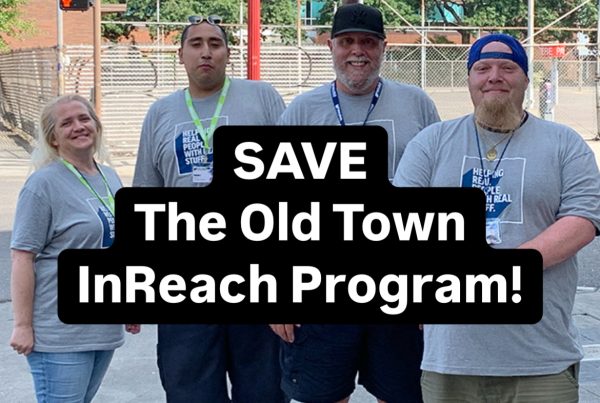A decline in the availability of affordable supportive housing is causing many older Americans and seniors with medical needs and debt to experience homelessness.
By Hannah Bachman
After more than two years of relentless advocacy, Bob G. finally has a home. It took a full year to get him approved for Social Security due to disabilities caused by a stroke and diabetes, and another year of waiting for a spot to open in supportive housing. Before coming to Blanchet House, Bob was living in his car, unhoused after losing his job to a stroke. With only 45 beds in our residential program, Bob is one of the few we’re able to help. He’s also one of more than 22,000 people in Oregon as of 2024 who are experiencing homelessness. Like so many others, he faced an uphill climb through disability, red tape, and a devastating shortage of affordable housing. The road to permanent housing is long, but it shouldn’t be this hard. We need more resources, more housing, and more compassion.
Bob Gerke, 57, was employed full-time in customer service when he suffered a stroke that left him temporarily without the use of his hands and voice. Unable to work, he lost his job, as well as his access to medical care and disability leave. Then, his housing was taken from him when he was unable to pay rent. Bob was forced to spend a few nights in a Portland, OR, homeless shelter.
“I lived on my savings until the savings ran out,” Bob says. “My landlord couldn’t keep me in that room. I wound up being homeless for a few days.”
More than 60% of personal bankruptcies are caused by medical debt or income loss due to illness, reports Public Health Post.
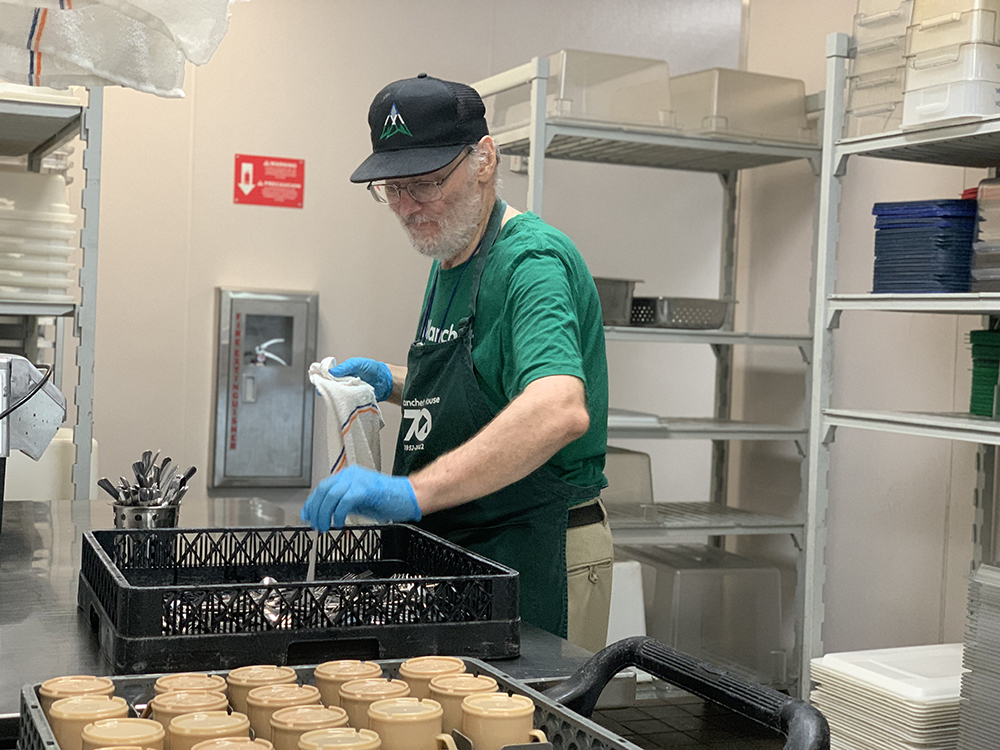
Bob works in the kitchen at Blanchet House.
Today, Bob is sleeping at Blanchet House as a participant in the organization’s no-cost eight-month transitional housing program. Like many others in the program, Bob’s life has been shaped by intergenerational poverty, addiction, and childhood trauma. His father experienced houselessness in his lifetime due to alcoholism, and Bob considers himself an alcoholic in recovery.
Despite successfully managing many challenges in his adult life, the complicated and inaccessible healthcare system forced him into homelessness.
Bob’s phone-based tech support job depended on his ability to speak and type on a keyboard. His stroke adversely affected his ability to do both. Although his job offered disability leave, he was unable to access his email account with his hands to activate his medical benefits. He was physically unable to contact his supervisors or HR. The company’s miscommunication eventually resulted in Bob’s termination. It wasn’t long before his savings were gone.
A Growing Need for Recuperative Housing to End Senior Homelessness
Bob’s story represents the growing need for recuperative housing in our communities, as well as the lack of housing. According to a report conducted by Multnomah County, the percentage of people experiencing homelessness aged 55-69 has increased by over 10% over the last seven years. As seniors struggle with health and finances, affordable housing is more necessary than ever.
Fortunately for Bob, he found a housing situation that allows him time and support to recover his health. However, healing is not an overnight process, and long-term, low-income housing solutions make it possible.
Transitioning and Rebuilding
Due to his current living situation, Bob now has the time to attend his many doctor’s appointments. But this housing is temporary, and he must make a plan for the transition to a permanent home. With the increase in rent in Multnomah County to an average of $1,309, he’ll need more income than state disability benefits can provide. He must find a job that will allow him the flexibility to attend medical appointments and adapt to his physical limitations.
“I’m starting to look for a job, any job that will take me. I’m hoping that I’ll be able to get some savings built up to where I can get an apartment,” Bob says.
Paying It Forward
Blanchet House’s residential program gives people a stable and supportive community and the opportunity to regain soft job skills and confidence by performing meaningful work in service of the mission. Residents work in the free cafe, kitchen, and house during their stay. Bob is able to perform duties in the kitchen that accommodate his physical disabilities.
“I’m definitely blessed. Blanchet House already had in place a program that I would subscribe to anyway, being able to pay back what I’m receiving as far as service to the community,” Bob said.
The opportunity for meaningful service, combined with the free housing, makes Blanchet House a great fit for Bob on his road to recovery. Everyone deserves a chance to heal and a safe, affordable place to call home while doing so.
“I love it here at Blanchet House,” Bob adds. “I love it so much that I don’t want to leave. But then I don’t want to take up a place where other people might be able to recover either.”














